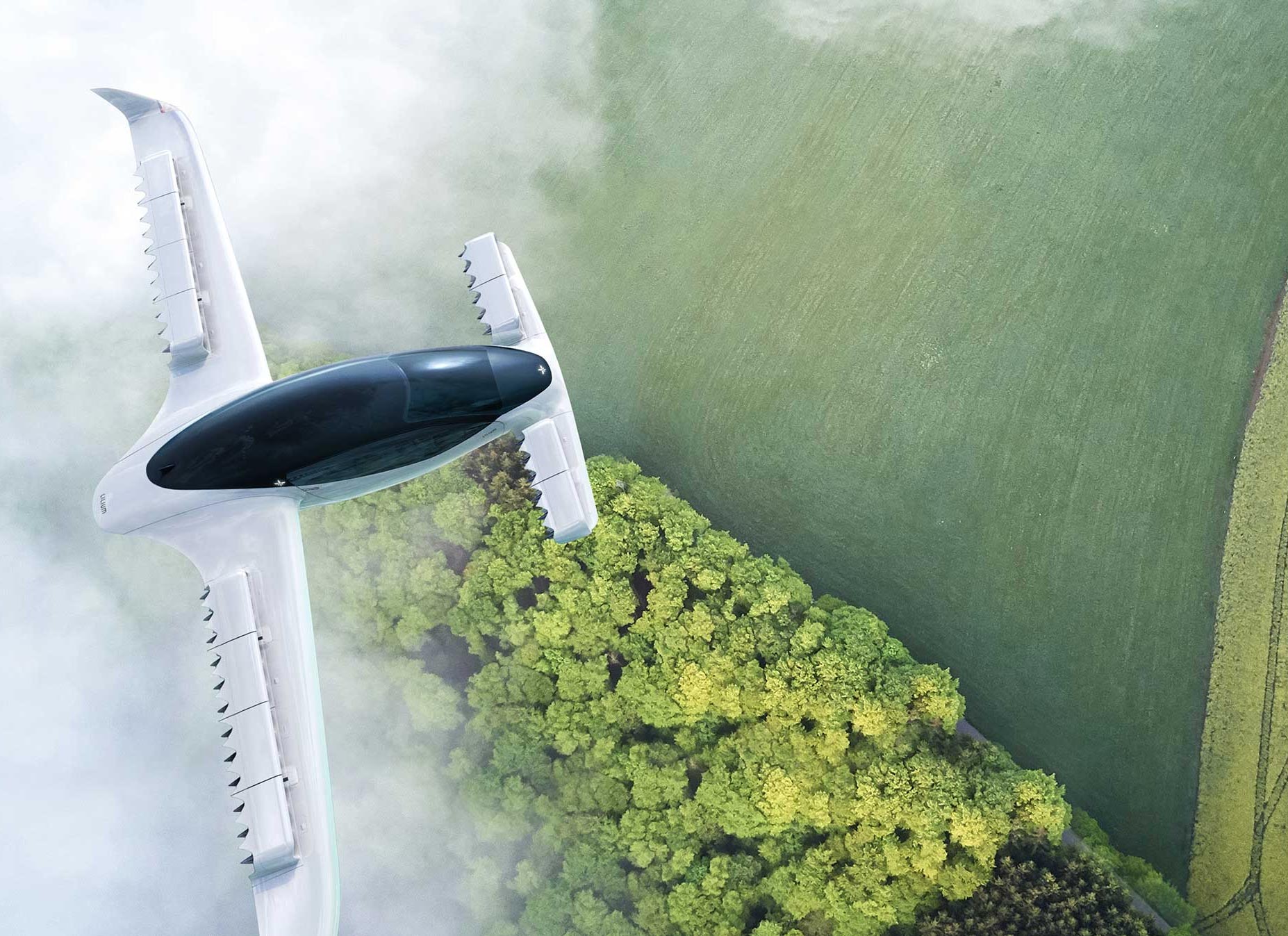
Urban air mobility, the emerging field of electric drone taxis that are the real-life realisation of flying cars, will create a step-change in how far we are able to easily travel within a given time, prompting profound lifestyle changes, according to Daniel Wiegand, CEO of Lilium Aviation.
Speaking at Web Summit in Lisbon, Portugal, yesterday, Wiegand, who heads one of the most promising startups in the urban air mobility space, argued that the true benefit of vehicles such as the autonomous Lilium Jet was the dramatically increased distance that a person can travel within an hour, creating an advance comparable to the difference between the horse and the car.

Access deeper industry intelligence
Experience unmatched clarity with a single platform that combines unique data, AI, and human expertise.
“We’re giving you 25 times more surface, 25 times more connectivity, with a transportation system that comes at the same price [as] a taxi on the ground,” explained Wiegand.
“Suddenly we’re able to connect areas which were multiple metropolitan areas into one large metropolitan area with a completely new level of connectivity.”
While other modern infrastructure such as high-speed rail also provides significant advances in the distances that can be travelled within a set time, Wiegand argued that urban air mobility solutions such as Lilium had far greater potential for impact as they are comparatively easy to deploy.
“We’re not just able to, for example, replace a high speed rail line that goes in one direction. Because the infrastructure investment in our case is so small – we’re just building the first meter and the last meter but nothing in between – we can create that sort of networks in a very fast time.”

US Tariffs are shifting - will you react or anticipate?
Don’t let policy changes catch you off guard. Stay proactive with real-time data and expert analysis.
By GlobalDataLilium and urban air mobility: Creating profound lifestyle changes
Central to this change is travelable distance is the potential for significant changes in the average person’s lifestyle.
Just as the move from horse and carriages to cars prompted a restructuring of towns, cities and people’s daily lives, Wiegand believes urban air mobility solutions such as the Lilium Jet will create the opportunity for significant change.
“Think of what this means to our lives and to our countries. Suddenly we can live in the countryside, work in the cities, we [can] find jobs way, way easier. We have a renewable energy for our transportation system,” he said.
“And because we don’t have to make all these infrastructure investments, we can redirect public spending into different areas.”
This is also something he believes can be achieved within a relatively short space of time.
“It will probably affect every single part of our life because our life is totally depending on the connectivity and the transportation system we have. That means if we have a transportation system like this one, we can suddenly live in the countryside and work in the city, we can make cities basically reach out by a factor of five into other cities and connect whole areas which were previously separated from each other. And this is something we can launch in the year 2025,” he said.
“By that time we want to be operational in two or three cities on the globe. But if we fast forward 10, 20 years from now, we would expect in 20 years maybe 50% of you came here in a Lilium Jet.
“Car ownership will have changed; you may use a ground-based autonomous taxi for various trips, but you will probably never use one again for a trip that is maybe longer than 100km, because it would be five times faster in an air taxi service that comes at the same price, and it would probably be autonomous.”
Read more: Flying cars of the future: Why they won’t be cars at all







